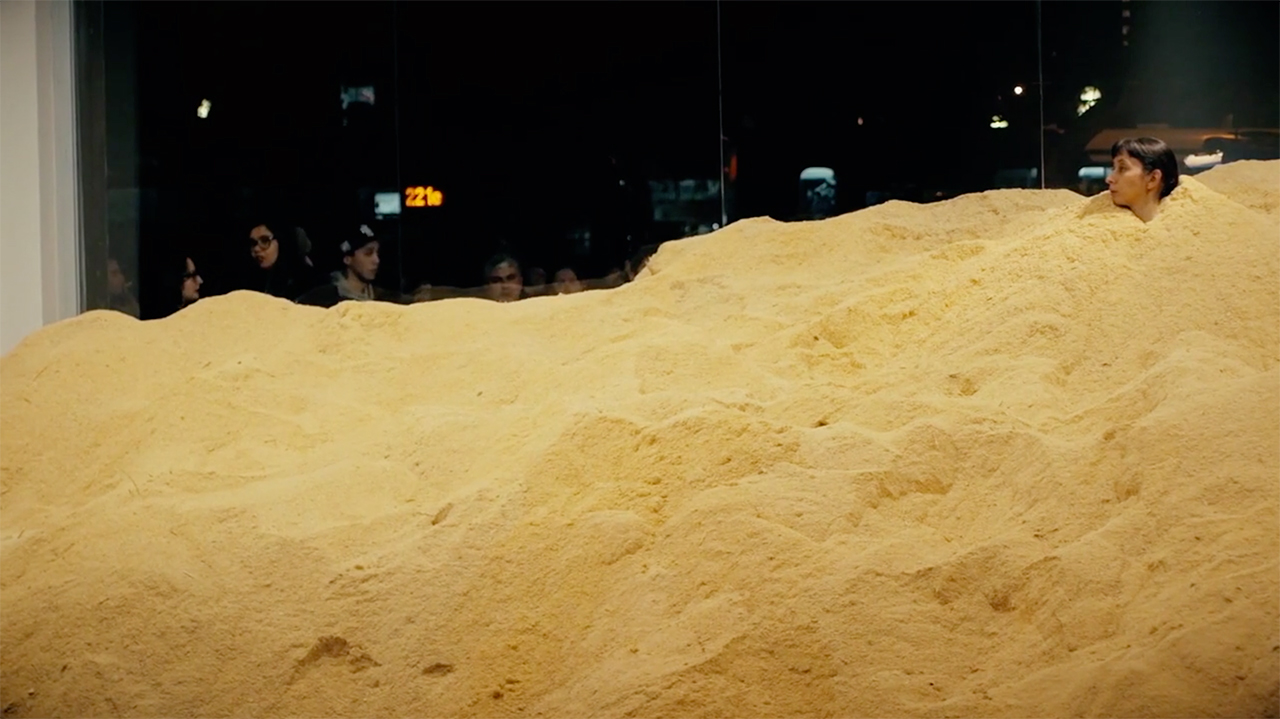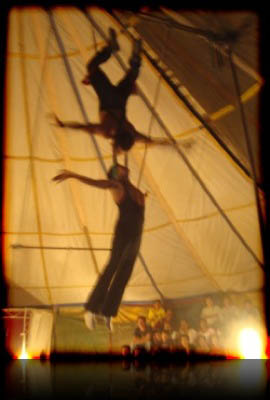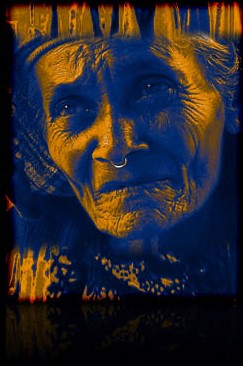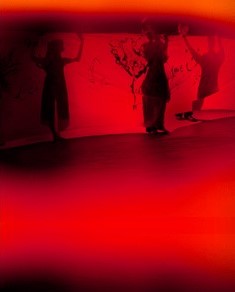Lessons in Failing Well: Building Hyper-Migration—a postcolonial, digital, feminist game with refugee youth in Toronto
DOI:
https://doi.org/10.25071/1913-5874/37392Abstract
“Hyper-Migration” is an experimental collaborative project with refugee youth in Toronto that investigates how storytelling might be employed in a digital platform to meet the needs of this community, addressing issues such as displacement, social marginalisation and a lack of access to educational and job opportunities. This paper reviews our process of elaborating, vetting and instituting a method combining praxis and participatory-action research, informed by feminist, postcolonial, trauma and refugee studies. In an experimental art-based approach that aspires to design failure (Halberstam), the project shifts in strategy and objective as the refugee youth iteratively test and redesign a social action game. This paper explores this process and how critical theory and in-situ game play worked as techniques, driving a focus on local problems and needs, ultimately establishing analogue practices that took on affordances normally ascribed to the digital. As well, the project demonstrates the deep critical abilities of refugee youth to drive critical game design addressing their concerns, and to target key structural, policy and social issues affecting refugee communities that require social change.
References
Bakhtin, Mikhail Mikhailovich. The dialogic imagination: Four essays. Vol. 1. University of Texas Press, 2010.
Behar, Ruth. The vulnerable observer: Anthropology that breaks your heart. Beacon Press, 2014.
Berliner, David C. “Comment: Educational Research—The Hardest Science of All.” Educational Researcher 31.8 (2002): 18-20.
Britzman, Deborah P. ““The question of belief”: Writing poststructural ethnography.” International Journal of Qualitative Studies in Education 8.3 (1995): 229-238.
Burke, Kenneth. Language as symbolic action: Essays on life, literature, and method. Univ of California Press, 1966.
Burke, Kenneth. A grammar of motives. Univ of California Press, 1969.
Butler, Judith. Excitable speech: A politics of the performative. Psychology Press, 1997.
Denzin, Norman K., and Yvonna S. Lincoln. “The discipline and practice of qualitative research.” Handbook of qualitative research 2 (2000): 1-28.
Crosby, Jill Flanders. “The Social Memory of Arará in Cuba: Oral Histories from Perico and Agramonte.” Southern Quarterly 47.4 (2010): 91-111.
Eisner, Elliot W. “The Promise and Perils of Alternative Forms of Data Representation.” Educational Researcher 26.6 (1997): 4-10.
Erickson, Frederick. “A history of qualitative inquiry in social and educational research.” The Sage handbook of qualitative research 4 (2011): 43-59.
Feuer, Michael J., Lisa Towne, and Richard J. Shavelson. “Scientific culture and educational research.” Educational researcher 31.8 (2002): 4-14.
Finley, Susan, and Macklin Finley. “Sp’ange: A research story.” Qualitative Inquiry 5.3 (1999): 313-337.
Foucault, Michel. “Nietzsche, Genealogy, History.” The Foucault Reader. Ed. Paul Rabinow. New York: Pantheon Books, 1984. 76-100.
Foucault, Michel. Power/knowledge: Selected interviews and other writings, 1972-1977. Pantheon, 1980.
Foucault, Michel, and Jay Miskowiec. “Of other spaces.” diacritics 16.1 (1986): 22-27.
Geertz, Clifford. After the fact. Vol. 5. Harvard University Press, 1996.
Geertz, Clifford. Works and lives: The anthropologist as author. Stanford University Press, 1988.
Hagedorn, Katherine J. Divine utterances: the performance of Afro-Cuban Santería. Washington, DC: Smithsonian Institution Press, 2001.
Kondo, Dorinne K. Crafting selves: Power, gender, and discourses of identity in a Japanese workplace. University of Chicago Press, 2009.
Leavy, Patricia. Fiction as research practice: Short stories, novellas, and novels. Vol. 11. Left Coast Press, 2013.
Mayer, Richard E. “What is the place of science in educational research?” Educational Researcher 29.6 (2000): 38-40.
Mayer, Richard E. “Resisting the assault on science: the case for evidence-based reasoning in educational research.” Educational Researcher 30.7 (2001): 29.
Mullen, Carol. “A narrative exploration of the self I dream.” Journal of Curriculum Studies 26.3 (1994): 253-263.
Palmié, Stephan. The cooking of history: How not to study Afro-Cuban religion. University of Chicago Press, 2013.
Scott, Joan W. “The evidence of experience.” Critical inquiry 17.4 (1991): 773-797.
Spivak, Gayatri Chakravorty. “Acting bits/identity talk.” Critical Inquiry 18.4 (1992): 770-803.
St. Pierre, Elizabeth Adams. “Methodology in the fold and the irruption of transgressive data.” International Journal of Qualitative Studies in Education10.2 (1997): 175-189.
Port, Mattijs van de. Ecstatic encounters: Bahian candomblé and the quest for the really real. Amsterdam University Press, 2011.
Wertsch, James V. Mind as action. Oxford University Press, 1998.





